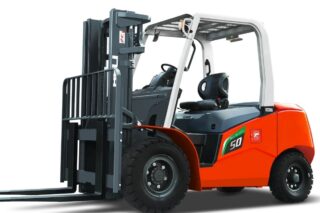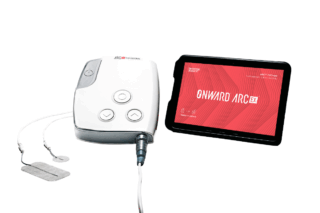On the occasion of our special focus on China’s industry, we are presenting different Chinese companies in various industrial sectors. In this article, we focus on JINPAT, which manufactures slip rings. Sherry Zhang, Account Manager at JINPAT, tells us more about the company.
This interview was conducted in collaboration with VE China.
Can you tell us more about your company’s history?
Sherry Zhang: We design, manufacture, and sell slip rings. We are located in Shenzhen. Our company started the business in 1996 but we have been registered as a private company since 2004. We have 400 employees and 15 agencies worldwide.
What kind of products do you manufacture?
Sherry Zhang: We manufacture slip rings and rotary joints. We have different sizes, configurations, and designs depending on the applications and the kind of signals the customers wish to transmit. The mission remains the same for all our products. Our slip rings are used to transfer power, data, and electric signals from a stationary to a rotating structure.
We have standard products but we can also customize them, in regard to the customer’s needs. We can for example customize sizes, housing, and terminals.
In very hazardous environments, like in the marine industry and the oil & gas industry, we add some protection to our slip rings.
What are the main applications of your products?
Sherry Zhang: We have a very large range of slip rings for various industrial applications. You can find our slip rings in marine and aerospace equipment, in machines, robots, and wind turbines. Even home robots are equipped with our slip rings.
Our main sectors of applications today are automation, cranes, robots, drones, and surveillance.
It’s been two years that the medical is becoming a new sector for us, and we are seeing rising demands from that industry.
Is that because of COVID-19 that you see more demands from the medical industry?
Sherry Zhang: Yes, that is one reason. With COVID, we need to test a lot of people. And testing machines need to have slip rings to be working and enable the testing.
And the other reason is that medical equipment such as robots and surgical knives need slip rings as well. So we were obliged to design slip rings that match the requirements of this specific industry. For example, the slip rings need very fast rotation speeds as well as very fast data transmission speeds.
How do you evaluate the competition in your sector?
Sherry Zhang; Our advantage compared to our competitors is the fact that our slip rings enable data and signal transmission in addition to power transmission. Transmitting power is very simple. It’s more challenging to transmit data and signals especially for the automation industry and for long time uses. Automated machines need very fast data transmission, and our slip rings are able to do that.
What kind of future trends do you see for slip rings?
Sherry Zhang: There is a trend for slip rings with the metaverse and virtual reality. Accessories for this industry require slip rings for example VR helmets like Oculus and HTC. VR equipment requires very important data transmission and our slip rings have a role to play in that. This is a challenge because the requirement of this industry is to maintain high-speed data transmission. So we are currently developing new products to be able to achieve these requirements. We are already working with Oculus and HTC for their VR equipment.









